His perspective on Vietnam is also clearly shown in the work “Vietnam - A view from Japan” (published by Truth National Political Publishing House and Sbooks), reminding us of the companionship and deep understanding of international friends towards Vietnam. In particular, the book evokes a moving “Vietnamese spirit”, including the 80-year journey full of hardship but also glorious glory of the nation.
The book opens with a touching section titled “Vietnam’s Vitality”, which explains why Professor Furuta Motoo, who had just entered university (in 1968), chose Vietnam as his research subject. “That was the time when the Vietnamese people’s resistance war against the US was at its fiercest… In the Japanese press, news and reports about the Vietnamese people’s resistance war for national salvation were also dense, and to me, it seemed like the whole world was moving with Vietnam as the center. I thought that if one could understand that “central” country of Vietnam, one could easily understand the world.”
The book of more than 400 pages with 10 chapters covers Vietnam from prehistoric to modern times, with a wealth of documents. As Prof. Dr. People's Teacher Vu Minh Giang, Chairman of the Science and Training Council, Hanoi National University, Vice Chairman of the Vietnam Historical Science Association, said: "This book can be considered a summary of his research on Vietnam - the country that he has been attached to until now, when he is over 70 years old and is holding the position of Principal of the Vietnam - Japan University, Hanoi National University".
The book also devotes Chapter 10 to Vietnam and Japan, two countries that have upgraded their relationship to “Comprehensive Strategic Partnership for Peace and Prosperity in Asia and the World”.
It can be said that the scope of research is wide, but with an interdisciplinary approach and especially a lively writing style, combining both observation, experience and scientific analysis, the work of Professor Furuta Motoo brings understanding of Vietnam from a sincere, scientific and practical perspective. Therefore, readers who are researchers or anyone interested in Vietnam can approach the book from different chapters and articles such as "What kind of country is Vietnam?", "Territorial zoning", "Typical cities", "Steps of an independent Vietnam: The period of renovation"...
It is interesting to encounter life experiences under the sincere, witty gaze of foreign researchers, such as when Professor Furuta Motoo recalled his time in Hanoi (in 1977). He said that his work for learning Vietnamese had the title "The capital Hanoi is shining brightly". But in reality, the city after the war suffered from such a severe lack of electricity that it was impossible to imagine it as a big city. And he wrote: "At that time, I thought about Hanoi with complacency and full of praise: In the world, there are very few cities with more than a million people that can see the Milky Way as clearly as Hanoi". He also recalled a story that not everyone knows about how Hanoi transformed from a city of only bicycles to a city of cars and motorbikes, after a warning from a foreign expert at an environmental conference in 1990 in Hanoi.
In particular, with an interdisciplinary perspective, through the eyes of an expert, Prof. Dr. Furuta Motoo reiterated that the country of 54 ethnic groups with "the diversity of this ethnic structure has become a valuable asset, as a characteristic that clearly shows the Southeast Asian nature of Vietnam". This important comment continues to affirm an essential requirement of studying Vietnam, understanding Vietnam, is to attach our country to the regional space of movement, most clearly the Association of Southeast Asian Nations (ASEAN). Not only mentioning the root issues of socio-culture, Prof. Dr. Furuta Motoo shared many economic analyses. Affirming the factors of "high and sustainable growth of the Vietnamese economy", the author also pointed out the challenges of the middle-income trap... In the section "Forces responsible for economic growth", he gave many analyses on farmers, enterprises, the great role of foreign investment and foreign trade, poverty reduction and the gap between rich and poor, increasing the gap between social groups...
It can be said that, although there are new perspectives and interpretations that need more expert opinions, the work imbued with a lifetime of research and sharing with Vietnam by Professor Dr. Furuta Motoo is still an invitation for readers who want to understand more about a "Vietnamese vitality" throughout history.
Especially for Vietnamese readers, the passion of a foreign researcher urges us to understand our country, to deeply understand the pain that many generations have had to pay to have today with undeniable achievements. The sincere sharing also helps us look straight at the shortcomings of the country's development process, giving us more motivation to gradually overcome them, as many generations of Vietnamese people have constantly overcome the hardships of war, poverty, and backwardness...
The book has a QR scan to listen to audio, adding a very convenient "read" option for readers.
Prof. Dr. Furuta Motoo was born in 1949, former Permanent Deputy Director of Tokyo University, Japan. Currently: President of Japan - Vietnam Friendship Association, Rector of Vietnam - Japan University, Vietnam National University, Hanoi. Some typical research works: "History of ethnic policies of Vietnamese Communists" (1991), "Vietnam in world history" (1995), "The 1945 famine in Vietnam - Historical evidence" (1995); "Ho Chi Minh - National liberation and innovation" (1996)... In which, the work "The 1945 famine in Vietnam - Historical evidence" was awarded the State Prize of the Socialist Republic of Vietnam for Science and Technology.
Source: https://hanoimoi.vn/cuon-sach-viet-nam-mot-goc-nhin-tu-nhat-ban-mot-tinh-than-thau-hieu-viet-nam-714687.html



![[Photo] General Secretary To Lam presides over the welcoming ceremony for First Secretary and President of Cuba Miguel Diaz-Canel Bermudez](https://vphoto.vietnam.vn/thumb/1200x675/vietnam/resource/IMAGE/2025/9/1/4f6ef5136b90463db3ebdd3d3d83ebe4)
![[Photo] President Luong Cuong receives Chairman of the House of Representatives (Lower House) of the Republic of Belarus Igor Sergeyenko](https://vphoto.vietnam.vn/thumb/1200x675/vietnam/resource/IMAGE/2025/9/1/a67d61e41405410999a43db45a0ba29c)

![[Photo] General Secretary To Lam holds talks with First Secretary and President of the Republic of Cuba Miguel Diaz-Canel Bermudez](https://vphoto.vietnam.vn/thumb/1200x675/vietnam/resource/IMAGE/2025/9/1/a2eab2ee4e4a4a81a8c605e46055ab78)
![[Photo] Marching together in the hearts of the people](https://vphoto.vietnam.vn/thumb/1200x675/vietnam/resource/IMAGE/2025/8/31/8b778f9202e54a60919734e6f1d938c3)
![[Photo] The first meeting of the Cooperation Committee between the National Assembly of Vietnam and the National People's Congress of China](https://vphoto.vietnam.vn/thumb/1200x675/vietnam/resource/IMAGE/2025/8/31/f5ed4def2e8f48e1a69b31464d355e12)
![[Update] Some localities of Thanh Hoa province have completed giving Independence Day gifts to the people.](https://vphoto.vietnam.vn/thumb/402x226/vietnam/resource/IMAGE/2025/9/1/437e1c5af65746dfb12ac97a314fbf4c)



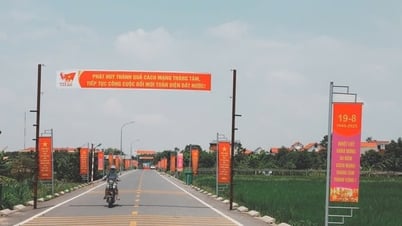

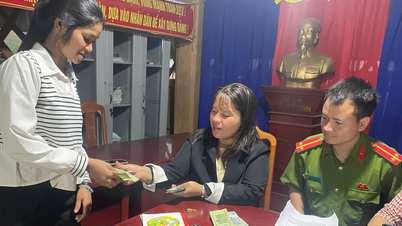

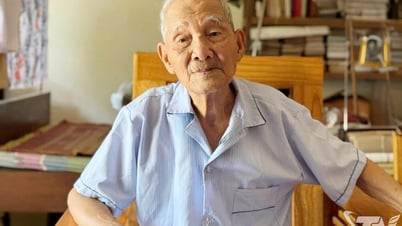

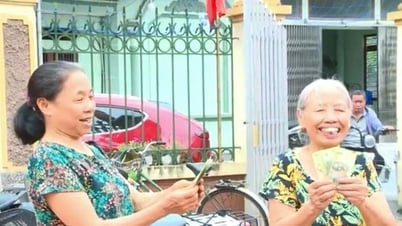
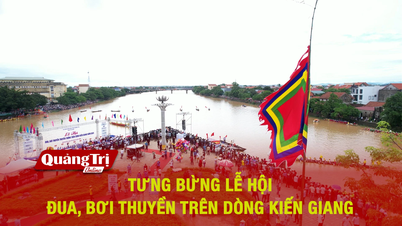



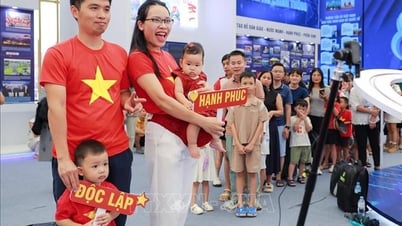

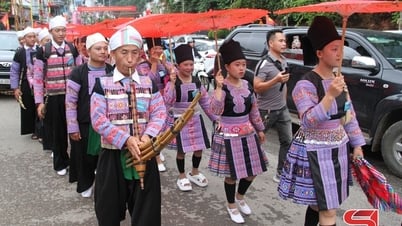

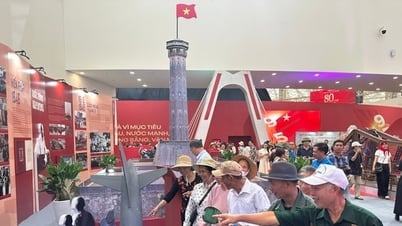




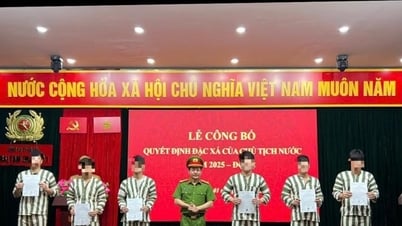

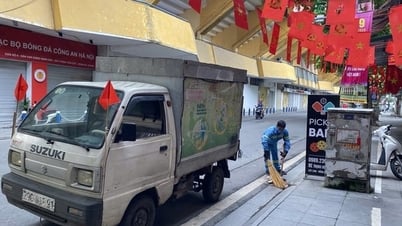

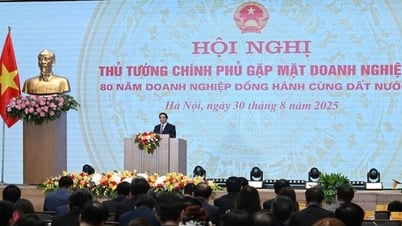
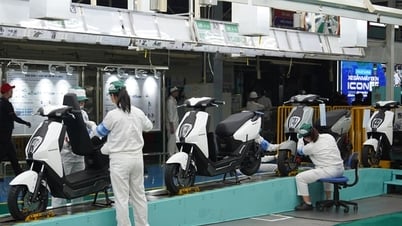
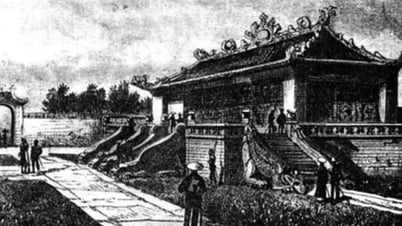

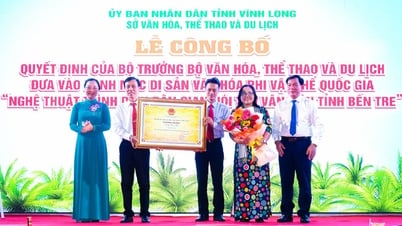

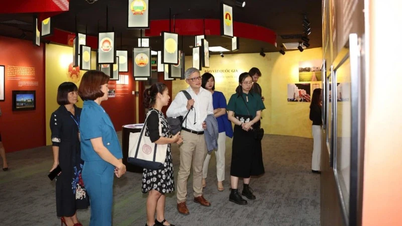





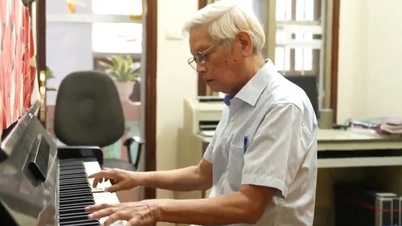
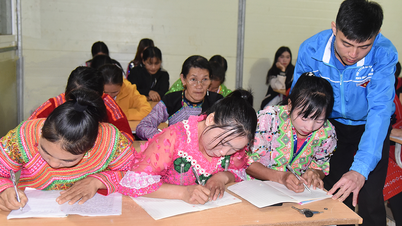



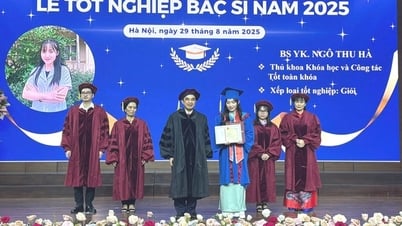







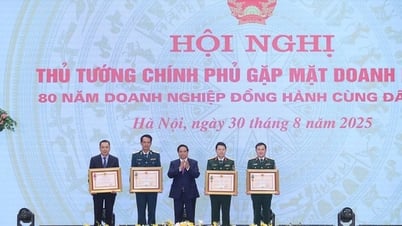
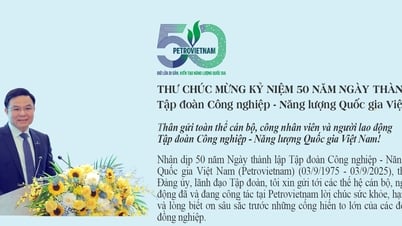

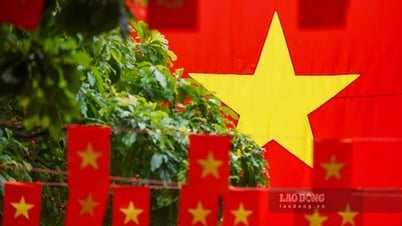

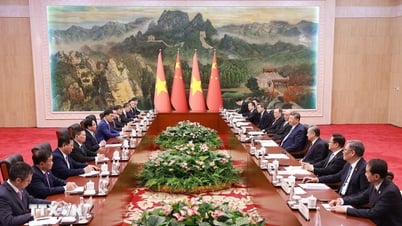

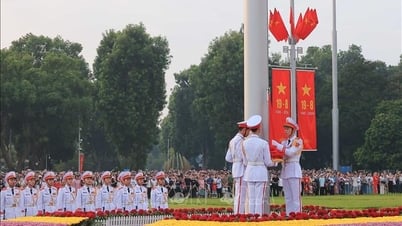

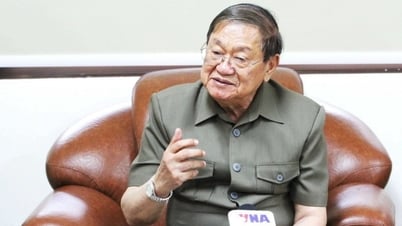



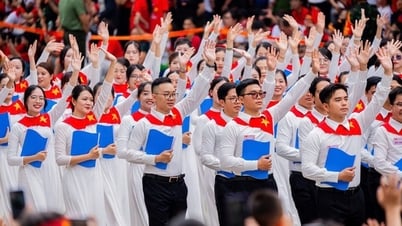
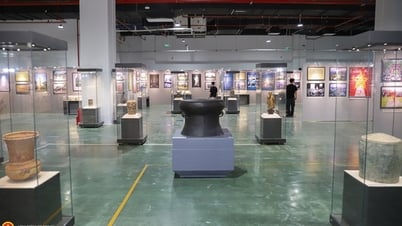

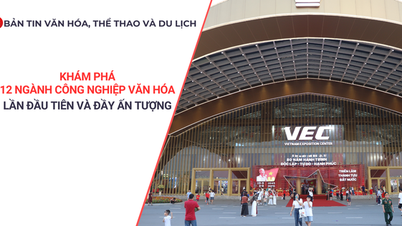

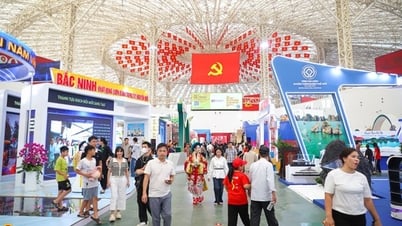
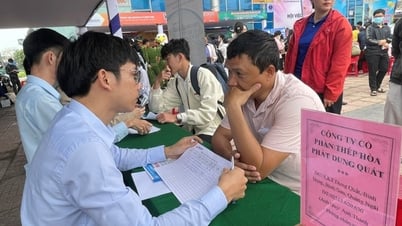

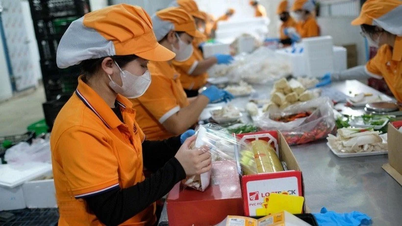

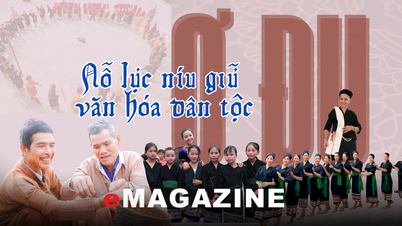

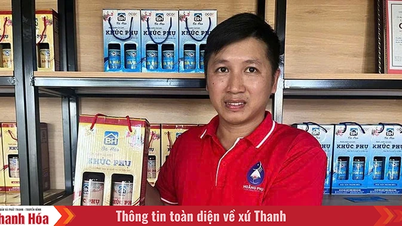


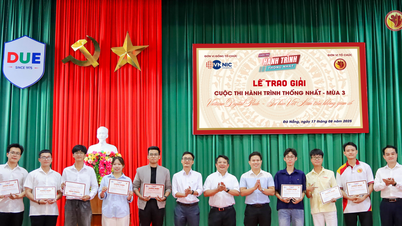

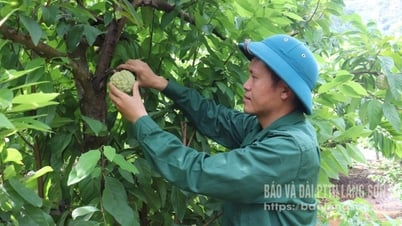

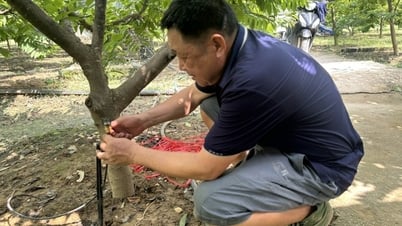
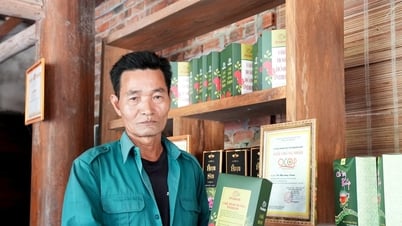


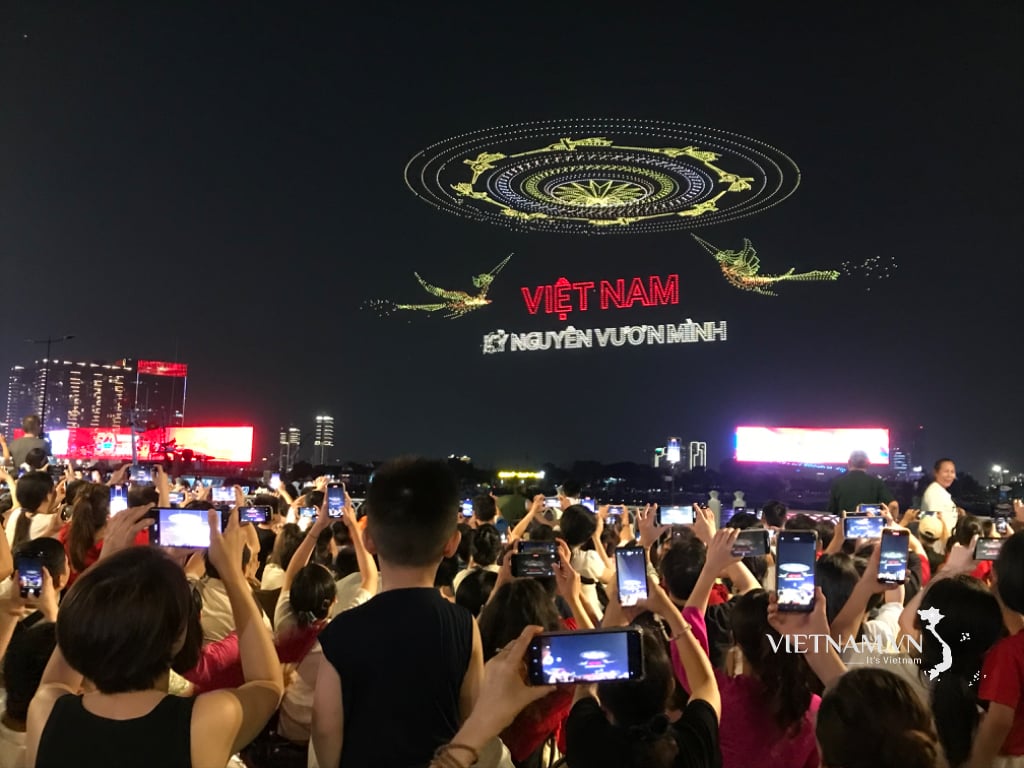
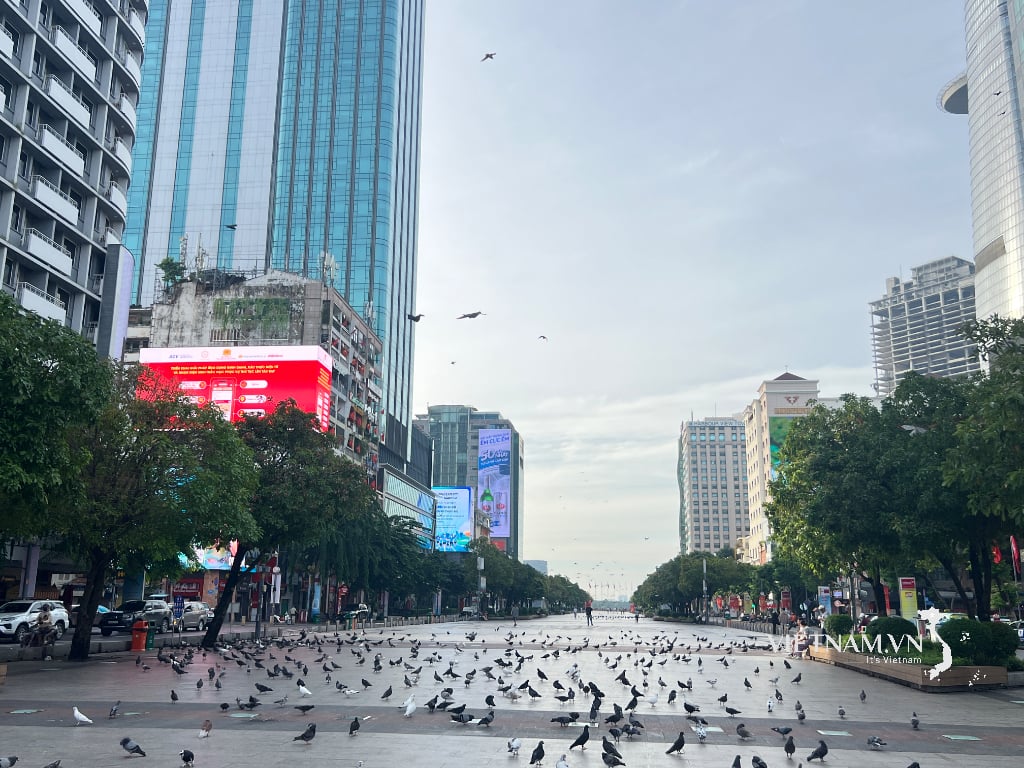

Comment (0)